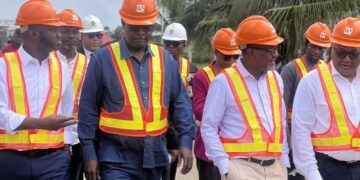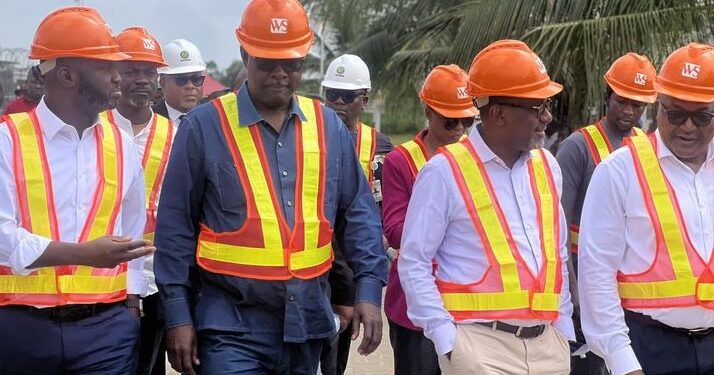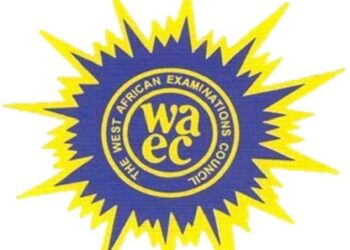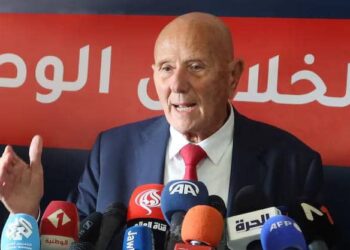By John Ikani
The Minister of State for Petroleum (Oil), Senator Heineken Lokpobiri, has reiterated the stance of the Federal Government that licences for marginal fields risk revocation if beneficiaries fail to fulfil terms of the agreement relating to the development and operation of such assets.
Speaking on Tuesday during a facility tour of Waltersmith Petroman Oil Limited, Ibigwe, Ohaji-Egbema Local Government Area of Imo State, the Minister stated that the Federal Government was determined to act decisively “to improve domestic refining capacity,” and that feedstock from the marginal fields was required to augment existing sources of crude oil supply to functional processing plants.
According to him, “The quickest way to fix our energy challenge in the country should be through modular refineries, while we await the total rehabilitation of the big refineries.”
The 5,000-barrel per stream day Waltersmith Petroman, which has been a stable source of diesel, kerosene, naphta, and high fuel oil to the domestic market since its commissioning in 2020, was for the Minister proof of how beneficial such smaller processing plants could be.
“People who have similar licences for modular refineries should take a cue from Waltersmith,” he declared, adding, “Other people who have marginal fields should also take a cue from Waltersmith.”
To drive his point home, Senator Lokpobiri said, “If you have a marginal field, an allocation, it is a paper given to you, it doesn’t add value to you or to Nigeria, unless you take it to the next level by making the requisite investment and then adding the value that is expected.”
“What I am seeing is that out of the numerous marginal fields that were allocated, only Waltersmith and a few of them have been successfully driven,” he stated, recalling that he had sounded a warning at the recent Nigeria Economic Summit Group (NESG) event in Abuja that marginal field allocations without the requisite investments stand the risk of being canceled.
Explaining the imperative of such a line of action, he said, “It is important that we make this point so that we can retrieve some of those fields to the basket,” so as to reallocate such assets to those able and prepared to develop and exploit them to the benefit of the industry and the nation.
He revealed that he had obtained presidential approval to conduct a fresh round of bidding, which would take place soon, promising that “marginal fields would [henceforth] be prioritised in terms of their location to those who have modular refineries, so that they will be able to produce.”
Commending the remarkable success story of Waltersmith, whose Management has announced plans for further expansion, he said, “I can assure you that this Government will do whatever we can to support you so that you can continue to grow.”
He had similar words of praise for the Nigerian Content Development and Monitoring Board (NCDMB), whose direct involvement through equity participation, greatly facilitated the take-off and operations of the Refinery.
In his own remarks, the Executive Secretary of NCDMB, Engr. Simbi Kesiye Wabote, said the decision of the Board to participate as an equity holder in Waltersmith was informed by its sense of mission and the impressive organisational arrangement within the company.
According to him, NCDMB had no hesitation to partner with Waltersmith, “given the very clear corporate governance that is required and exists within the company,” adding that “part of our mandate is to enhance development and we see ourselves as catalysts for the industrialisation of Nigeria.”
“At NCDMB, we are proud of what we have achieved at Waltersmith,” he declared.
In an interview at the conclusion of the tour, the President and Group Chief Executive Officer of Waltersmith Petroman Oil Limited, Mr. Abdulrasaq Isa, said part of the expansion plans of the company is to raise

































